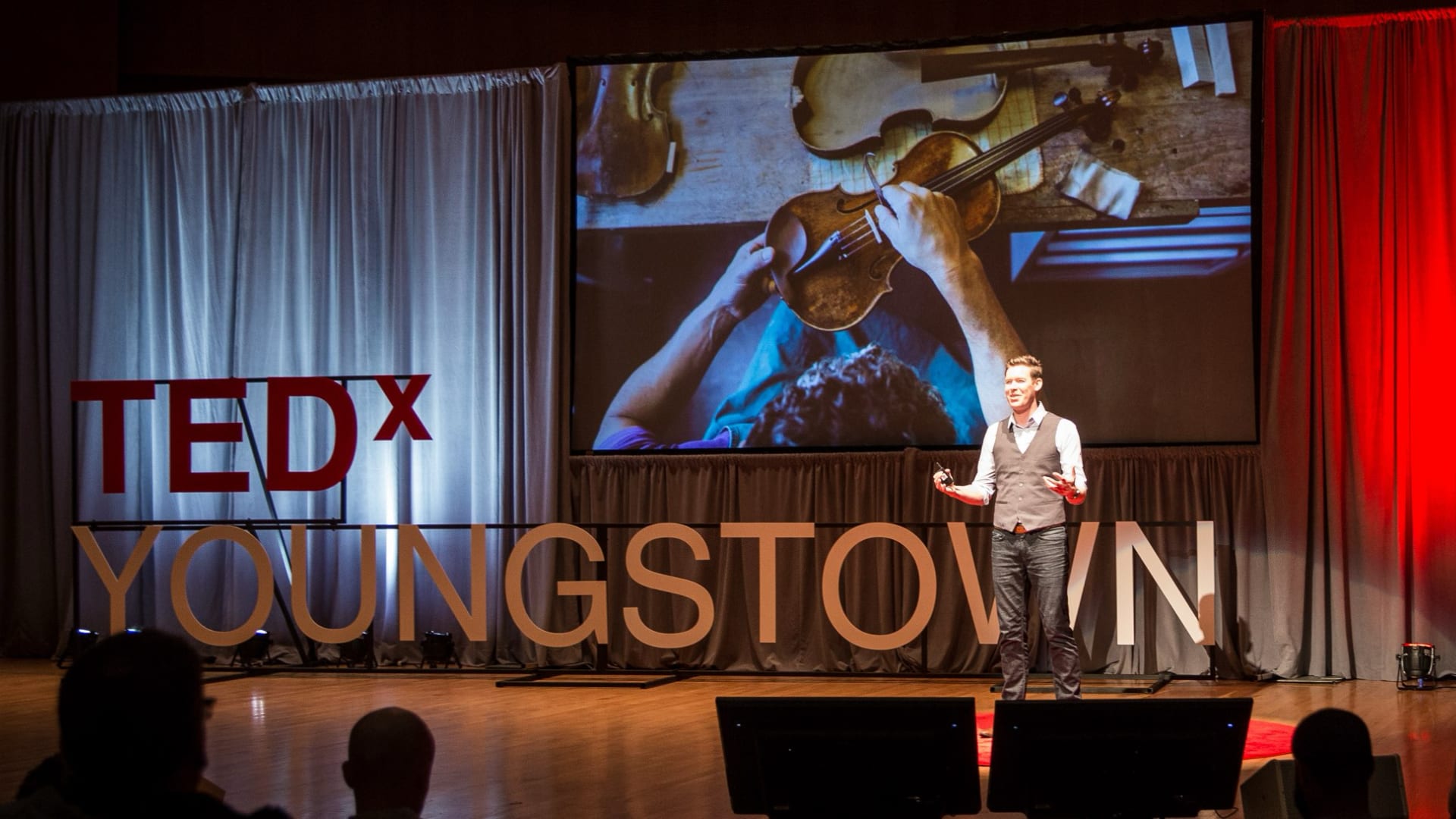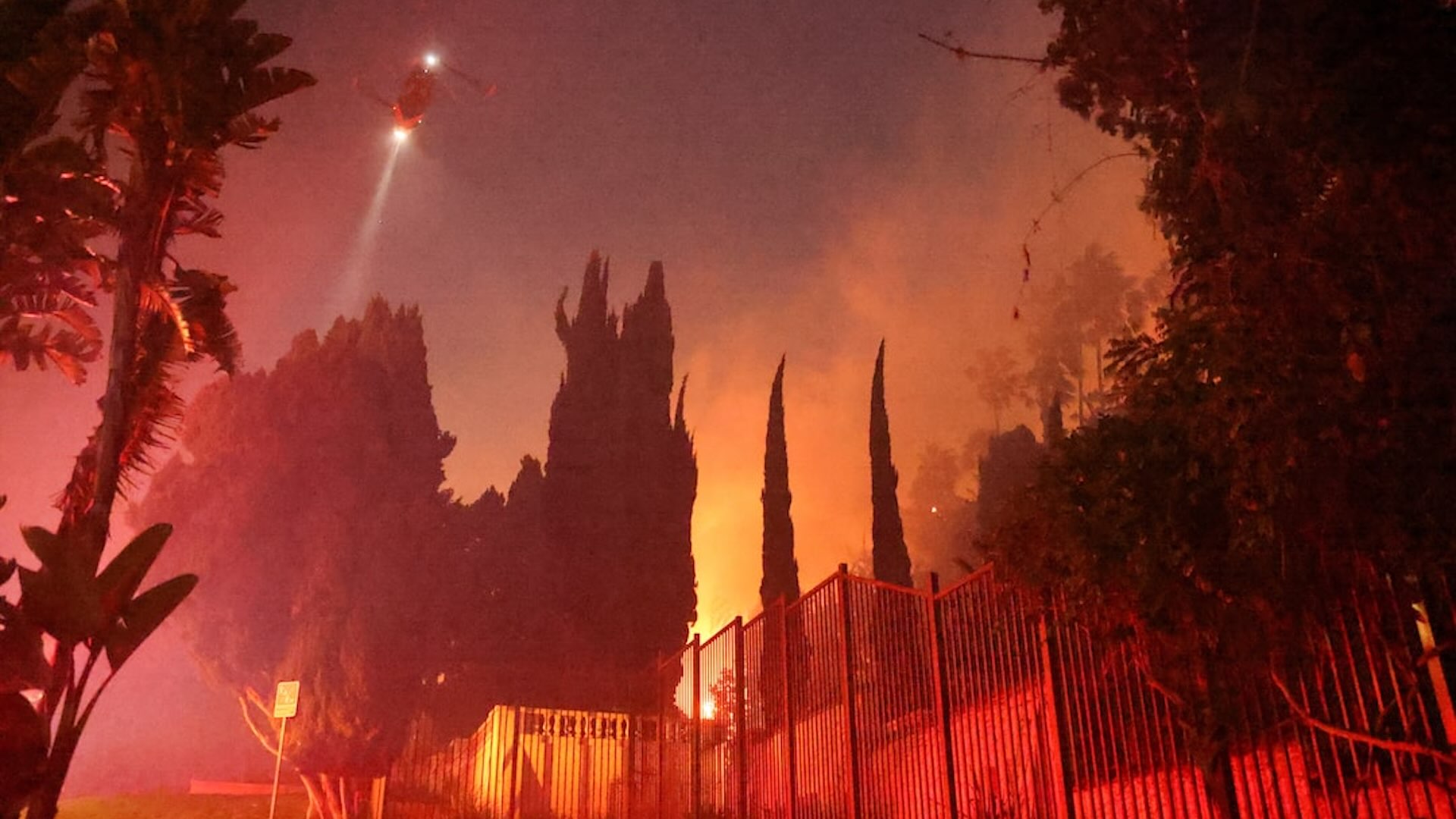A few days ago a new friend posted a similar question on LinkedIn.
It got me reflecting on my TEDx experience.
Now, maybe you know I did a TEDx, and maybe you don’t…
After my book got published in 2012, I started ramping up my speaking appearances. It started super slow at first, with friends who were on boards of local associations kindly giving me a shot to present something to their local chapter.
Eventually (meaning: years later) I was able to get on stage at some larger conferences, with one conference actually asking me back to be their keynote speaker two years in a row (which is pretty darn rare, and to this day feels like a tremendous honor).
Throughout these years (2012-2018) I always wanted to do a TED talk. I actually started applying to them the same year my book came out, but never had any luck. I wish I had kept better records (or had better memory) of how many I applied to, but I know it was quite a few, to the point where, 6 years later, I had mostly put this aspiration on the back burner.
But then I got lucky (isn’t that how it goes?): a friend from grad school decided he was going to help host a TEDx. He couldn’t promise me a spot on stage, but he could make sure the selection committee actually looked at my application. I pitched an idea about the faulty, buggy “operating system of work” and how to “upgrade” it so we could create life-giving organizations. (At least some things don’t change!)
Every TEDx event is very unique, because they are all independently organized. TED has pretty strict rules for how organizers present their brand, but there’s still a LOT of flexibility in the size of the event, the production quality, the prep time, and so on (which is why we now see so much variability in the quality of TEDx talks).
Back in the spring of 2018, I got selected (woo!) and found out my talk was going to be on Saturday, September 22, 2018 in Youngstown, Ohio.
My TEDx experience was intense. The organizers were intent on creating an experience of very high quality, to the point where they even provided each of us speakers with a coach that we worked one-on-one with for months to hone our topic, nail our title, perfect our story arc, and even drill down on exactly how we would move inside the red circle carpet.
When we got to the dress rehearsal, the day before, the production was in full force. Beautiful theater, multiple cameras, wide stage, tons of staff running around backstage, cords and cables and equipment everywhere — none of the logistics felt super strange to me given my performing musician (i.e. “rockstar”) background, but it was different being there as a speaker.
I was about to be a TED speaker.
When it was my turn to step out for my dress rehearsal, at first everything was fine. I started my talk; I felt steady, the clicker was advancing the slides, everything was good!
But as I got about a third of the way in, my mind went completely blank. Like… black. Somehow, I suddenly knew absolutely nothing — I mean, I could still tell you my name or where I was, but I couldn’t tell you the first thing about what I was supposed to be saying.
I had rehearsed this thing hundreds and hundreds of times — all 14 minutes of it was memorized, down to the word. I knew it backwards and forwards — I knew when to move to the left, I knew when to look down or to wave my right arm… but now, in this moment, I didn’t know anything.
I am almost sure to never be an Olympic athlete in this lifetime, but I CAN point to my TEDx as something that I trained like an Olympian FOR. If you take it seriously, the intensity of the moment — you get exactly ONE shot to rise to the challenge, and it’s when the cameras are rolling — is INCREDIBLY intense. If you’re talking about a topic that actually matters to you… well, that only adds to the weight of the moment. And with a TED, you also know that you’re mostly not presenting to the 200 people in the audience; you’re presenting to the cameras, creating something potentially millions of people around the world could see.
I took it seriously (maybe too seriously).
And I choked.
I got in my head with the gravity of what I was about to do and I choked.
And I couldn’t find my way back. I was completely lost.
I ended up leaving the stage having not rehearsed most of my talk, because they were on such a tight rehearsal schedule.
I was terrified.
I spent the next 24 hours hardcore practicing all the techniques I had learned throughout my life so far to manage stress and get ready for a performance: solitude, breathing, music, rehearsal, taking breaks, eating good food, being with people, more solitude, more rehearsal, more breaks, more breathing, more music. I had even crafted a Spotify Pre-TED playlist that I listened to on repeat — looking back, a rather odd and fascinating combination of songs that, to me, in that time, felt both motivating and calming, along with a couple long “healing frequencies” tracks at the end.
The next day I got back on the stage, and I did my best not to “think” — just deliver.
It went well. I delivered the whole thing almost flawlessly. I was still nervous, but I think it created a kind of “urgency” in my voice that captures how much I believe what I’m saying.
So, is TEDx still the “ultimate” stage to get on?
I honestly have no idea. I am not sure it holds as much weight as it used to (with so many TEDx events now, it would probably be mathematically impossible to say that it does). I do feel there’s a kind of cachet that comes from having done this particular kind of talk, but more than that, it’s the “having done it” that I am most proud of — this experience truly changed me.
It made me a better speaker, a better thinker, a better communicator. It was one of the most poignant and memorable moments of my life.
I am so proud that I stood on that red circle for 14 minutes. 🔴



